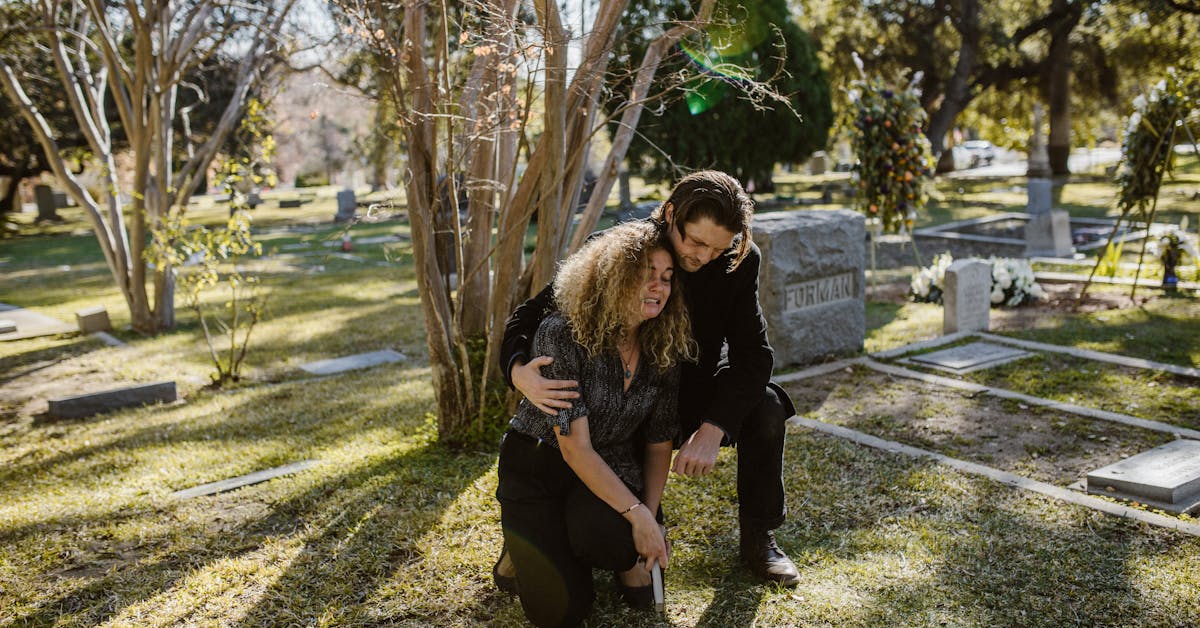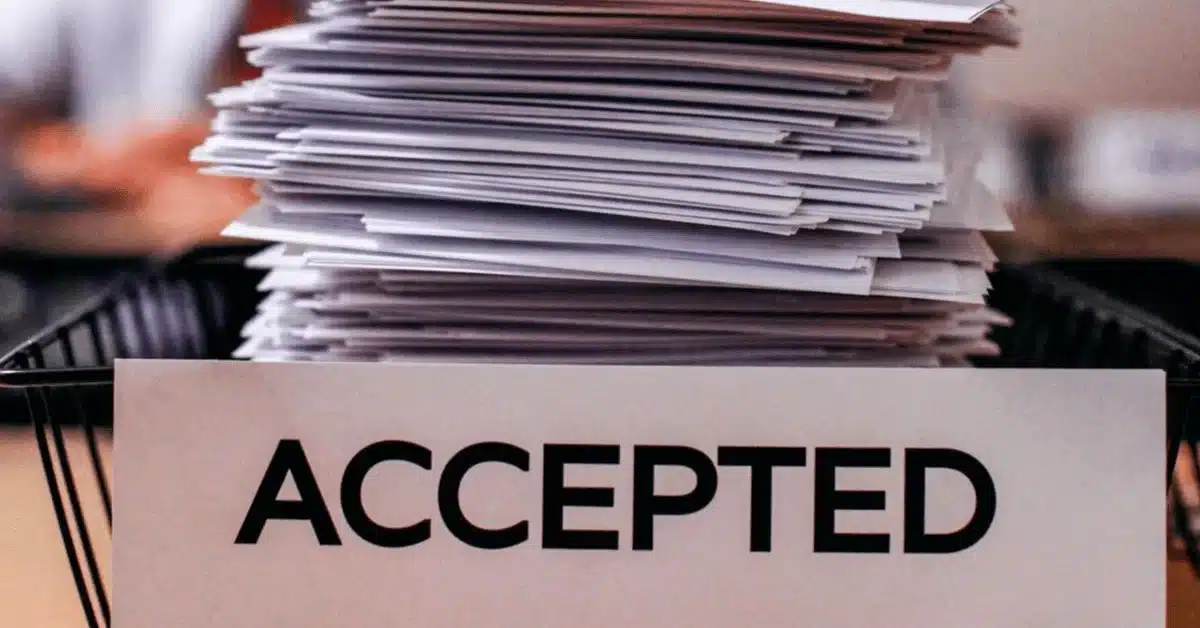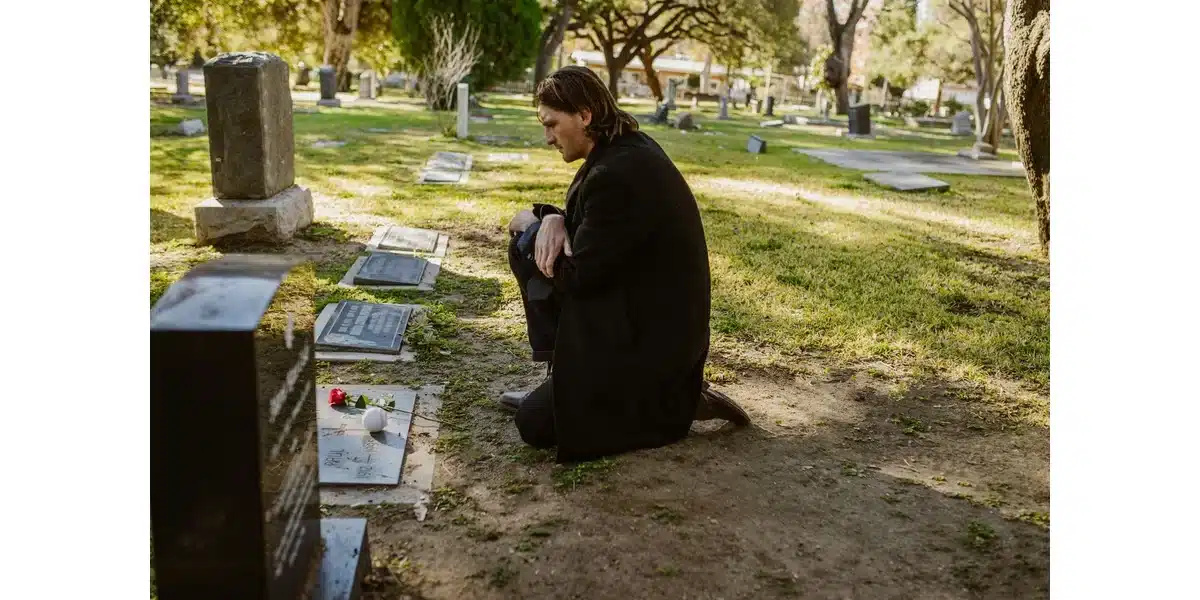Losing a parent is one of life’s hardest experiences. It brings a swirl of emotions, from sadness and confusion to anger and even a sense of relief if they’d been ill for some time.
On top of this emotional upheaval, you may find yourself facing a tangle of practical and legal issues.
Although it feels overwhelming on top of your grief, understanding what must be done can help you find stability during this difficult time.
First step: Securing medical and death certificates
Medical certificate vs death certificate
| Feature | Medical Certificate | Death Certificate |
| Purpose | Verifies a medical condition, illness, injury, treatment, or procedure. | Officially records a person’s death. |
| Issued by | Doctor or qualified healthcare professional. | Government agency (e.g., Registry of Births, Deaths and Marriages) |
| Content | Details about patient’s medical history, diagnosis, treatment. | Name of deceased, date and place of death, cause of death (if known), informant details. |
| Use | Insurance claims, school/work absences, disability benefits. | Settling the estate, accessing finances, transferring property, claiming benefits. |
Why is securing a death certificate important?
A death certificate isn’t just a piece of paper; it’s a vital document with far-reaching practical and legal implications after a loss. Here’s why you’ll need it:
- Accessing Finances: Banks, financial institutions, and insurance companies almost always require a death certificate to process claims, release funds, or change the status of accounts held by your parent.
- Settling the Estate: If your parent had a Will, the death certificate is often required to start the probate process, which is the court’s formal recognition and oversight of the estate’s administration.
- Property Transactions: Transferring ownership of real estate, vehicles, or other assets belonging to your parent typically requires a formal death certificate.
- Government Benefits: Notifying Centrelink, the Department of Veteran’s Affairs (DVA), or the Australian Taxation Office (ATO) about your parent’s passing often requires providing a death certificate to process the closure or modification of benefits.
- Superannuation Payouts: Superannuation funds need formal proof of death, requiring a death certificate to release benefits to the designated beneficiaries.
- Administrative Closure: Closing subscriptions, memberships, or online accounts associated with your parent usually requires a death certificate to demonstrate your legal authority to terminate these services.
A Note on Timing
While understandably wanting to prioritise compassionate leave and funeral arrangements, it’s wise to secure a death certificate as soon as is practical. Multiple copies are often needed during the process of settling an estate.
How to Obtain a Death Certificate in Queensland
There are a few different ways to get a death certificate:
- Through the Funeral Director: Often, the funeral director will arrange the registration of death and ordering of death certificates on your behalf, saving you time during this stressful period.
- In-Person: Visit the RBDM customer service centre in Brisbane (Level 32, 180 Ann Street, Brisbane) or your nearest Queensland Magistrates Court (excluding Brisbane Magistrates Court) or Queensland Government Agent Program (QGAP) office. You’ll need to provide proof of your identification and your relationship with the deceased.
- Online: You can order the death certificate via the RBDM website.
- By Mail: Download the application form from the RBDM website and follow the instructions. You’ll need to provide certified copies of your ID and documents outlining your relationship to the deceased.
Important Considerations
- Eligibility: Close family members, executors of the Will, specific legal representatives, or certain government agencies are generally eligible to apply for a death certificate.
- Fees: There is a cost associated with obtaining a death certificate in Queensland. Up-to-date fee structures can be found on the RBDM website.
Second step: Finding the Will
Why is finding the will so important?
Locating your parent’s Will is a critical step, and here’s why:
- Respecting final wishes: A Will serves as the legal expression of your parent’s directives regarding the distribution of their assets after their passing. It ensures those wishes are carried out according to their specific instructions.
- Minimising potential disputes: A clearly defined Will reduces the likelihood of disagreements or misunderstandings among family members regarding asset distribution. This promotes harmony during a sensitive time, preventing emotionally charged legal battles.
- Designating a trusted executor: The Will designates a chosen executor, empowering a trusted individual or institution to manage the estate. This individual or entity becomes legally responsible for fulfilling your parent’s last wishes as outlined in the Will.
- Streamlining legal processes: The probate process, the court’s formal recognition of a Will, can often be complex and time-consuming. The existence of a well-defined Will simplifies these procedures significantly, making the estate settlement less protracted and potentially less expensive.
- Safeguarding dependents: Where minor children or dependents are involved, the Will outlines guardianship arrangements and financial provisions, providing clarity and protection for vulnerable individuals according to your parent’s directives.
Also read: What Are Testamentary Trusts and Why Do They Matter?
Ensuring an Orderly Transition
A Will is a vital tool that ensures your parent’s legacy is handled effectively. By easing legal processes and honouring their final wishes, it offers peace of mind for the deceased and those left behind.
Also read: Rights of Beneficiaries of a Will in QLD: 5 Rights You Need to Know
Where do I start my search?
- Your parent’s home: Search through filing cabinets, desk drawers, safes, or other places where important documents were usually kept.
- Their solicitor: If your parent used a solicitor to draft their Will, there’s a strong chance a copy is stored with them.
- With their bank or financial institution: Some people place their Will in a safe deposit box or secure storage with their bank.
- The Public Trustee of Queensland: They offer a Will Safekeeping Service. You can check if your parent had their Will stored with them.
Additional Tips
- Ask family and friends: It’s possible your parent discussed the location of their Will with other loved ones.
- Consider past conversations: Try to recall any discussions regarding estate planning or where your parent might have kept their important papers.
What if I can’t find the Will?
If your search is unsuccessful, don’t despair. Your parent might not have had a Will, or it could be lost. In such cases, the laws of intestacy in Queensland will govern how their estate is distributed. Seeking legal advice from an estate lawyer is then highly recommended.
Need a Lawyer?
Third step: Making funeral arrangements
Decide on burial or cremation, and contact funeral homes to compare services and costs. Consider your parent’s wishes if they had pre-arranged a funeral plan.
Helping a Grieving Daughter Navigate Practicalities
Recently, a young woman walked into our Walker Pender offices, her face etched with sadness and a hint of confusion. Her mother had passed away unexpectedly, and in the midst of her grief, she sought guidance. Our team understood her need for clarity during such a trying time.
We began by expressing our condolences and assuring her that we’d help navigate the necessary steps. We explained the importance of first obtaining a medical certificate confirming the cause of death, traditionally issued by the attending doctor or hospital. Next, we discussed the need to register the death and obtain a formal death certificate from the Registry of Births, Deaths, and Marriages (RBDM). These documents, while emotionally difficult, would pave the way for the administrative tasks ahead.
Losing a Parent: Find Clarity and Support with Walker Pender
The loss of a parent brings both profound grief and practical challenges. If you’re facing this difficult time, let Walker Pender guide you through the necessary legal and administrative processes. Our compassionate team understands the sensitivity of these matters and will ensure both your and your loved one’s needs are addressed with respect and efficiency.
Contact Walker Pender today for the support you deserve during this challenging time. We’ll help you navigate the complexities and honor your parent’s legacy with clarity and care.




